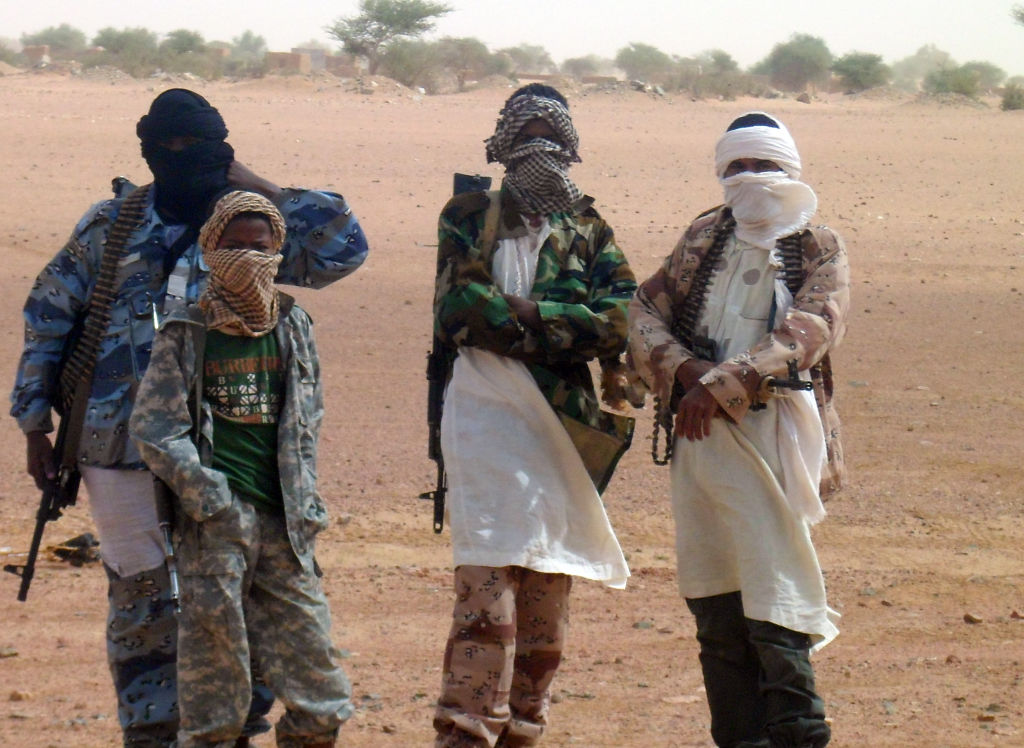ADF STAFF
Along their northern borders, Gulf of Guinea countries have experienced repeated incursions by extremists crossing over from Burkina Faso, Mali and Niger. Faced with rising pressure from Sahel-based extremists, Gulf countries must be careful to avoid the same traps that have crippled their neighbors to the north, experts say.
Ghana’s National Security Minister, Albert Kan-Dapaah, has called for greater cooperation among Gulf of Guinea countries and their northern neighbors to counter the extremist threat, which he has described as “more widespread than previously thought.”
The 2017 Accra Accords, which incorporated Gulf of Guinea countries as well as Burkina Faso and Niger, were intended to help the member countries work together to quell extremist violence.
One place where cooperation is imperative is among the W-Arly-Pendjari Complex of wildlife parks that straddles the border of Benin, Burkina Faso and Niger, according to the International Crisis Group. Extremists use the massive reserve as a base to launch operations into Gulf of Guinea countries. Their presence complicates the management of the parks and puts nearby residents at risk of both recruitment and attacks.
“The three countries should agree on better protocols for coordinated military action and a common strategy for protecting the population, which should include openness to dialogue with militants when appropriate,” the Crisis Group wrote in a recent report on extremism in the region.
The Gulf of Guinea countries have smaller Muslim populations compared to Burkina Faso or Niger, creating less of a base from which extremists can seek to recruit. However, those Muslim populations tend be marginalized and to live in areas that lack governmental services — both conditions that can make them vulnerable to extremism, according to an analysis by the Institut Montaigne.
“The major risk is that a military approach is prioritized over a comprehensive plan that focuses primarily on the different fractures that [extremists] can exploit,” analyst Jonathan Guiffard, a senior fellow the Institut Montaigne wrote. “Prevention and resilience require a strong political will to include marginalized populations in both the political process and development efforts.”
That’s not to say that military action isn’t vital to preventing further spread of extremists and their ideology, analysts say. More training and better equipment can boost security in the regions, which are far from national capitals and major population centers.
Along the way, governments need to avoid empowering poorly trained militias to supplement their regular forces — a situation that can lead to abuses and drive civilian populations into the arms of extremists. In Mali and Burkina Faso, the decision to enlist militias against extremists has produced exactly that result, according to a report by the Konrad Adenauer Stiftung.
“It is not sufficient for political and military authorities to be aware of the threat,” Guiffard wrote. “They must now accelerate the professionalization of their military capabilities, without falling into the militia trap.”
Gulf of Guinea countries have responded to the extremist threat by shifting security personnel into the border regions and expanding intelligence networks. In some cases, they have also directed more government resources, such as agricultural assistance, to northern regions in an effort to improve economic conditions there.
Ghana has done both to bolster the population in its northern territories against potential recruitment by extremists. So far, Ghana is the only Gulf of Guinea country to report no cross-border attacks.
While military and economic efforts may help in the short term, analysts say Gulf of Guinea countries must do one more thing to curb the threat of extremism in the future: They must talk to residents in those northern regions.
Benin has taken that approach with communities near the W-Arly-Pendjari Complex, engaging local populations and park management to report suspicious activity to police.
“Priority is given to the fight against terrorism, often to the detriment of dialogue with communities and the search for local solutions,” wrote analysts with the Konrad Adenauer Stiftung. “The experience in Benin shows that interest results can be produced.”

